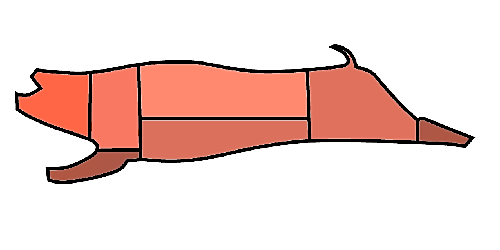William Sitwell’s book Eggs or Anarchy tells of the logistical struggle to feed the UK during the second world war. Its quality lies in the author’s insight into the interplay of power, politics and military muscle. Verging on understatement, Sitwell’s account of a gargantuan effort to achieve the almost impossible.
Among the illustrations that appear is a map of the world showing the sea routes taken by different wartime food imports, listing the distance travelled by each commodity. The map once hung in the Minister of Food’s office and carried a stern warning about not wasting food that had travelled so far and was part of the war effort.
A seasoned business man, Frederick Marquis was elevated to the House of Lords, taking the title Lord Woolton. He was appointed food minister by Neville Chamberlain. Retained by Winston Churchill, Woolton worked tirelessly to overcome the ever steeper challenges that he faced in office. His lack of experience in political life was both a hindrance and a blessing in disguise, giving him the freedom to pursue policy targets without compromising political goodwill.
Woolton demonstrates the complexity of real world logistics and how political considerations can deflect attention from operational necessities.


